Content by David Graper
Cranberries: A colorful and nutritious fruit
Fall is a busy time for farmers in the northern Great Plains, harvesting thousands of acres of corn and soybeans. Not too far away, in central and northern Wisconsin the harvest was in full swing too, but the crop they are harvesting is a small fruit called the cranberry. Wisconsin is the leading state in cranberry production, growing 60% of all of the cranberries consumed in the United States.
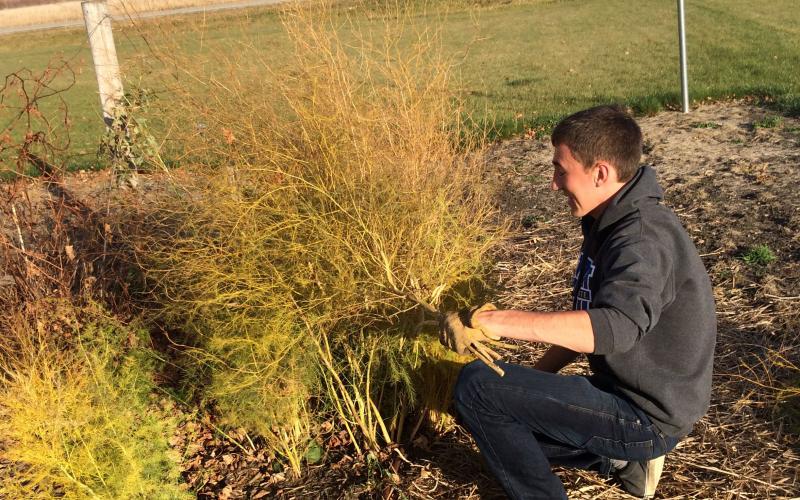
Asparagus
One of the keys to growing healthy asparagus is to allow the plants plenty of time to develop the big ferny stems, starting about the first of July. This ferny growth produces the carbohydrates that the plant needs to grow and also store up for the winter and next year’s initial crop of spears.
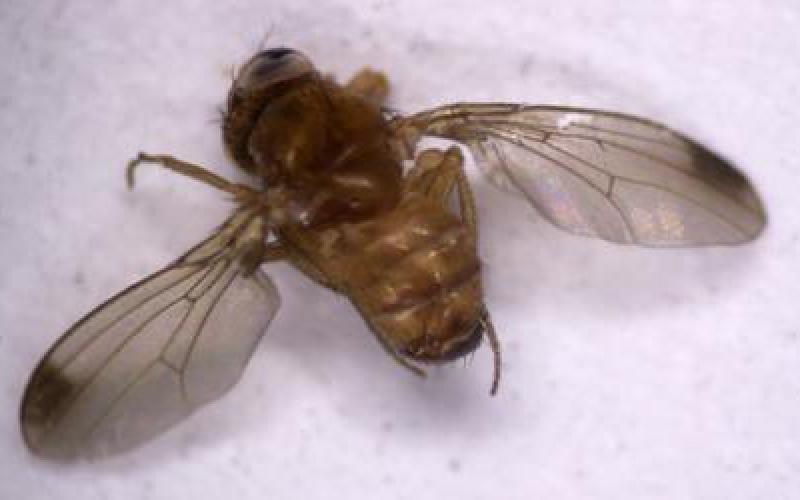
Spotted Wing Fruit Fly Damaging Fruit Crops
The spotted wing fruit fly is a new pest problem that originated in Asia and was only first identified here in the United States in California in 2008. It was first seen in South Dakota in 2013.

Creating a Sensory Garden
A sensory garden is a garden that has a collection of plants that are appealing to one or more of the five senses; sight, smell, sound, taste, and touch. Sensory gardens should be accessible for all people to enjoy - disabled and non-disabled. Sensory gardens are typically geared towards young children, but are enjoyed by people of all ages.
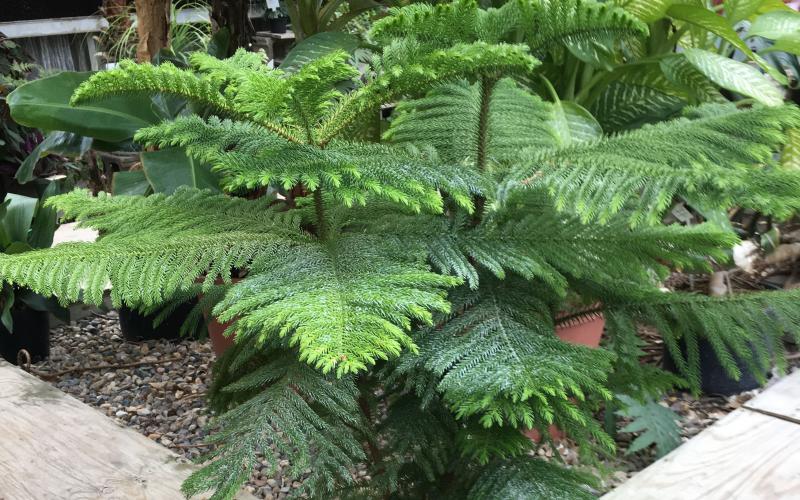
Living Christmas Tree Alternatives
Living Christmas trees are not a new concept. Often this means buying a potted or balled and burlaped, normally hardy tree, from a local nursery, then bringing it into the home, right before Christmas to enjoy for a week or so before planting it out in the landscape.
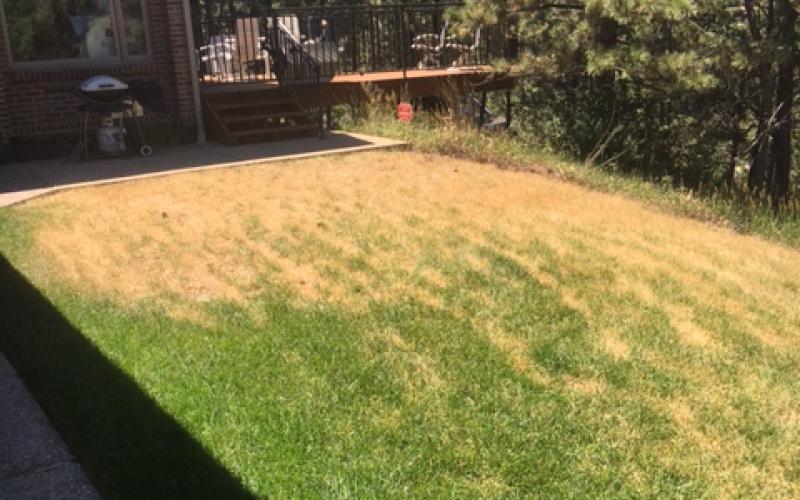
Dealing with Drought Stressed Lawns
Drought is a common concern across the region this summer affecting landscapes in many ways, but probably most noticeably in its impact on lawns.
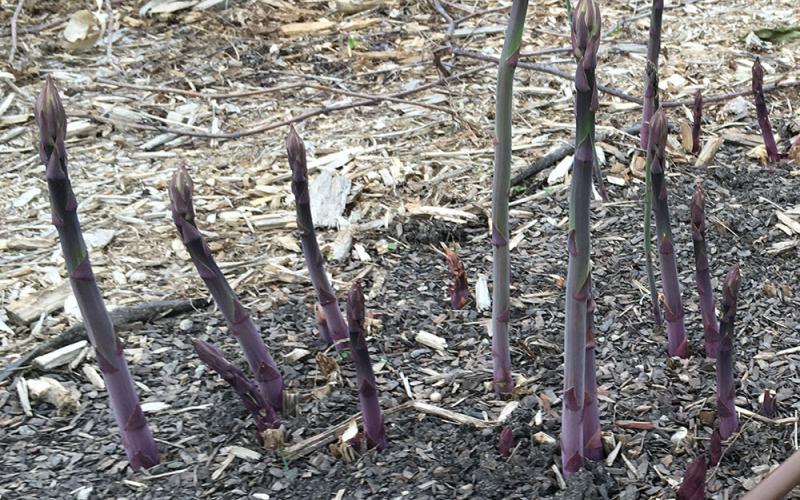
Asparagus is In-Season
Asparagus is a favorite vegetable of many people who cultivate it in their gardens.
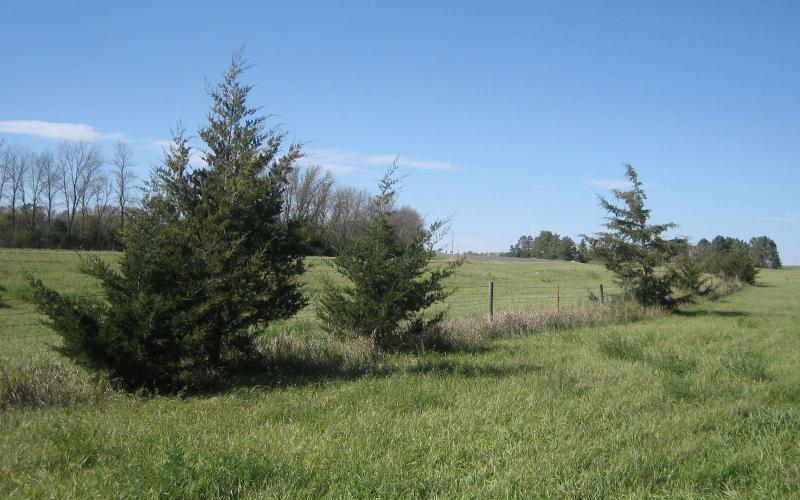
Woody Weeds: Eastern Red Cedar
While eastern red cedar (Juniperus virginiana) is native to South Dakota, and has many positive qualities, it has become a problem species over large areas of the Great Plains.

What is This Fruit… And is it Edible?
In mid- to late-summer, we often get the questions: “What kind of fruit is this?” and “Is it edible?” To identify a fruit, it is helpful to know both plant and fruit characteristics: Woody or herbaceous plant? Vining or upright? Do the leaves attach to the stem opposite each other (i.e., paired), or do they alternate from one side of the stem to the other? What size and color are the fruit? Is each fruit’s stem attached directly to the twig, or are they in a cluster that attaches to the twig? And, one question I find often helpful in distinguishing among smaller fruits, does it have a single pit, or are there several seed in each fruit?
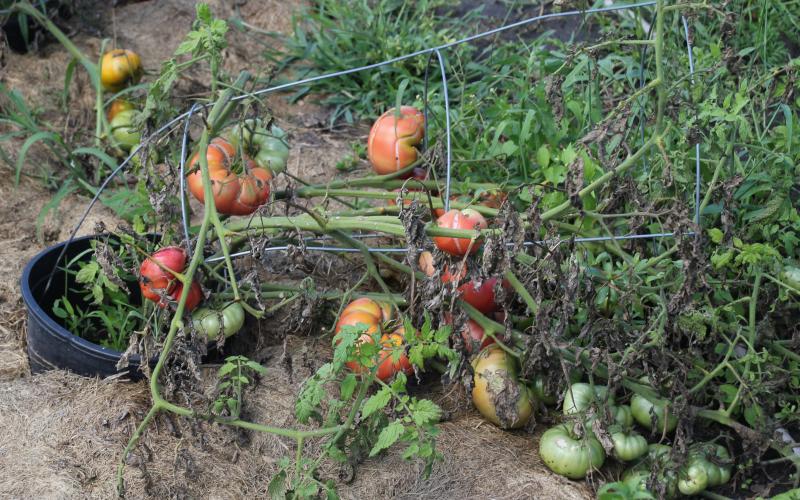
Wet Weather Leads to Tomato Problems
Most of the questions that have been coming in lately, and also earlier this summer, relate to tomato problems. Despite early predictions that this summer was going to be dry, many areas have received above average rainfall with many parts of South Dakota far exceeding typical rainfall amounts in the month of August. Many gardeners received 5 to 8” of rain or more in the first three weeks of August alone.